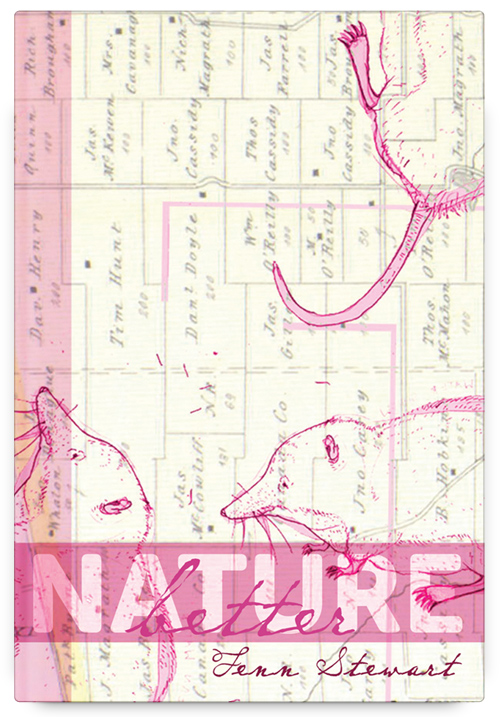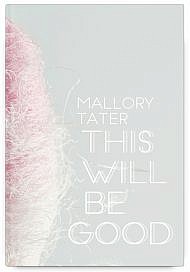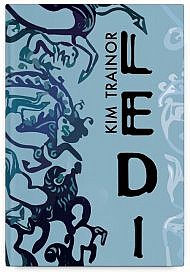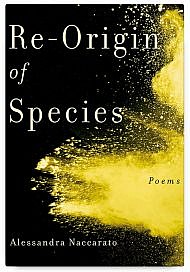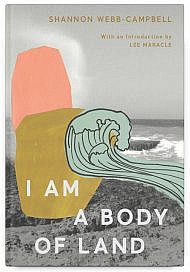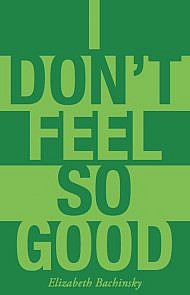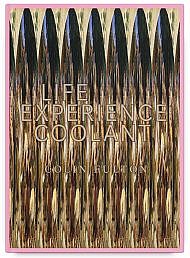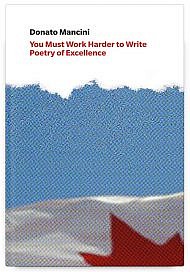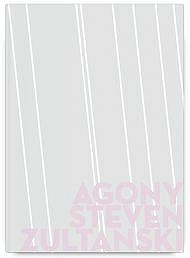Much of the language that makes up Better Nature—the first poetry collection by writer and academic Fenn Stewart—is drawn from a diary that Walt Whitman wrote while travelling through Canada at the end of the nineteenth century.
But rather than waxing poetic about the untouched Great White North, Stewart inlays found materials (early settler archives, news stories, email spam, fundraising for environmental NGOs, and more) to present a unique view of Canada’s “pioneering” attitude towards “wilderness”—one that considers deeper issues of the settler appropriation of Indigenous lands, the notion of terra nullius, and the strategies and techniques used to produce a “better nature” (that is, one that better serves the nation).
Praise for Better Nature
“With linguistic fervor, dancing intellect, and blissful urgency Stewart unveils the seemingly everyday horrors of our cruelly optimistic (would be) unsettling lands.”
—Liz Howard, Griffin Poetry Prize-winning author of Infinite Citizen of the Shaking Tent
“The specter of Walt Whitman haunts Fenn Stewart’s mesmeric debut, Better Nature. Stewart’s lyric research into the settler-imaginary via the language and grammar of colonialism and the problem of how to prick it and pop it leads her to “loveliest of Vegitables,” to “interesting cataracts,” and to the songs of “the sweetest traitors”—like Whitman himself. These vibrant, looping poems call on readers to wander through error as Stewart exposes the colonial hankerings that underpin the vocabularies of natural science, of romantic poetry, of the confession. Nobody is off the hook: not reader, not writer. Stewart is a riveting poet unafraid to cut directly to our most urgent mess and to insist that the reader do something about it beyond the page.” —Shannon Maguire, author of fur(l) parachute and Myrmurs
Press Coverage for Better Nature:
Most Anticipated: Our Fall 2017 Poetry Preview –49th Shelf
“With bounding lines that seamlessly blend the archival with the contemporary, Better Nature stitches together its source material with precision. The result is pure poetic wit and a timely perspective on the shaping of Canada’s landscape.” –Lauren Matera, This Magazine
“From the opening line to the final yawp on its last page, Better Nature is a rich and provocative exploration and critique of colonized space, composed in such evocative collisions of language, sound and meaning, and allowing the collisions to bring out new ways of seeing what had been there all along.” –rob mclennan’s blog
“In Stewart’s experimentation with Whitmanian exaggeration and catalogs, his poetry only becomes more entrenched in the history of colonialism and violence. Perhaps that’s the actual benefit of Better Nature. Uncovering the guilt that Whitman refuses to mention, Stewart refuses to let us forget our poetry’s and our own complicity in that same history.” –Adam Fales, Debutantes
“By exposing how language continues to build and reinforce colonial structures in Canada, Better Nature seeks to tear down those structures. Of course, it’s up to Indigenous people to decide what constitutes an act of reconciliation or allyship. For settler Canadians, though, Better Nature is a rich, thoughtful, text that urges us to decolonize — starting with our own minds.” –Claire Caldwell, The Goose
BC Poetry 2018: Better Nature by Fenn Stewart –Roll of Nickels
“Better Nature positions its writing as parasitic insect, eating away at settler narratives of Canada’s natural landscape as uninhabited, undeveloped, and unoccupied.”–Dani Spinosa, Canadian Literature
#NPM19: Guest Post | By Fenn Stewart –League of Canadian Poets Blog
Fenn Stewart lives in Vancouver, where she teaches literature, writing, and research. Her poetry has appeared in The Capilano Review, Open Letter, The Arcadia Project, and in the form of three chapbooks, An OK Organ Man (shortlisted for the 2013 bpNichol Chapbook Award), Vegetable Inventory, and from Waltzing. Her research on Canadian culture and literature has appeared in various journals, including ARIEL: A Review of International English Literature and Law, Culture, and the Humanities. Better Nature is Stewart’s first book of poetry.

